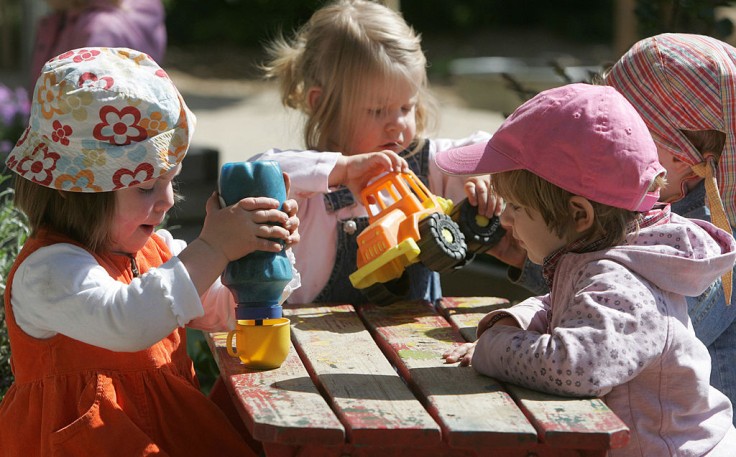
The world is an intricate tapestry of experiences, lessons, and emotions. For a child, every day is a journey of discovery, exploration, and understanding.
A child's emotions are not just fleeting feelings; they are the foundation stones of their future. Understanding a child's emotional landscape is the key to nurturing emotionally healthy adults.
How to Navigate a Child's Emotional Growth
Here are the top 10 strategies for successfully navigating the intricate world of your child's emotional growth.
Practice Active Listening:
One of the most crucial aspects of understanding a child's emotions is to listen, not just hear. Active listening involves giving your full attention, reflecting on what's said, and offering feedback. It's the first step to acknowledging that a child's feelings are valid and important.
Encourage Emotional Vocabulary:
Children often struggle with articulating their feelings because they haven't learned the words for them yet. Use conversations as an opportunity to introduce them to new emotional words. When they can name what they feel, they begin to have more control over their emotional landscape.
Provide a Safe Environment:
The world can sometimes be overwhelming. How to navigate a child's emotional growth is by offering them a safe haven - be it through comforting routines, a designated space, or simply being there for them when they need to vent or seek solace.
Validate Their Feelings:
Dismissing or trivializing a child's emotions can be detrimental. Remember, just because a feeling seems insignificant to an adult doesn't mean it feels that way to a child. By validating their feelings, you're telling them it's okay to feel, and that's crucial for their emotional growth.
Model Healthy Emotional Behavior:
Children learn by observing. If they see you handling your emotions in a healthy and constructive manner, they're more likely to adopt similar strategies for navigating their own emotional landscape.
Teach Coping Mechanisms:
Life is filled with challenges, and knowing how to navigate a child's emotional growth involves imparting tools and techniques that they can use when faced with adversity. Whether it's deep breathing, counting to ten, or seeking out a comforting activity, these coping mechanisms will serve them throughout life.
Limit Exposure to Negative Triggers:
While you can't (and shouldn't) shield your child from every negative thing in the world, it's essential to be mindful of unnecessary triggers, especially in their formative years. Be aware of violent or overly emotional content in media, and be prepared to discuss it if they encounter it.
Engage in Activities that Foster Emotional Growth:
Arts, crafts, music, and even sports can be instrumental in helping children explore their emotional landscape. These activities not only offer them an outlet for their feelings but also provide an opportunity to develop emotional resilience and understanding.
Seek External Help if Needed:
There's no shame in seeking the help of therapists, counselors, or other professionals when it comes to understanding your child's emotions. If you feel that your child might benefit from external intervention, don't hesitate. Early intervention can often be crucial to addressing deeper emotional issues.
Open Dialogues about Emotions:
Regularly discussing feelings and emotions with your child can help demystify them. It teaches them that emotions aren't something to be hidden or ashamed of but rather a natural part of the human experience.
In conclusion, every child's emotional landscape is unique and evolving. It's filled with peaks of joy, valleys of sadness, and everything in between. By understanding how to navigate a child's emotional growth, you're not just guiding them through their present feelings but also setting the stage for a future of emotional intelligence and resilience.
Remember, it's not about preventing every tear or disappointment but rather about equipping them with the tools, understanding, and empathy to face life's myriad of emotions head-on.